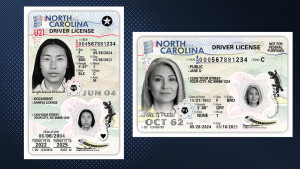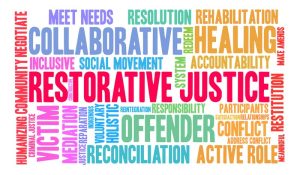Revisions to N.C.G.S. § 20-179.3 represent a significant update to North Carolina’s Limited Driving Privilege laws, with potentially far-reaching implications. 
In this post, we’ll discuss eligibility for an Ignition Interlock Limited Driving Privilege for certain Level 2 offenders, reinstatement requirements involving expanded use of ignition interlock devices (IID), mandatory reporting back IID noncompliance to NC DMV, and related consequences for violations.
These changes appear to reflect a nuanced approach to addressing impaired driving, acknowledging the need for both rehabilitation and accountability for those convicted of DUI in NC.
 Carolina Law Blog
Carolina Law Blog














 about the rules surrounding fireworks.
about the rules surrounding fireworks. North Carolina Division of Motor Vehicles (NC DMV) is taking proactive steps to safeguard your information and peace of mind.
North Carolina Division of Motor Vehicles (NC DMV) is taking proactive steps to safeguard your information and peace of mind.  especially if they suspect impairment and decide to conduct a sobriety test. Among the various methods employed by law enforcement to assess impairment, the walk and turn test is a very common DWI field sobriety test in North Carolina.
especially if they suspect impairment and decide to conduct a sobriety test. Among the various methods employed by law enforcement to assess impairment, the walk and turn test is a very common DWI field sobriety test in North Carolina.
 withdraw a guilty plea entered in 2005.
withdraw a guilty plea entered in 2005.  you get a work privilege or hardship license?”
you get a work privilege or hardship license?”  Checkpoints and Saturation Patrols.
Checkpoints and Saturation Patrols. 
 certain about the specifics and what that really means.
certain about the specifics and what that really means.